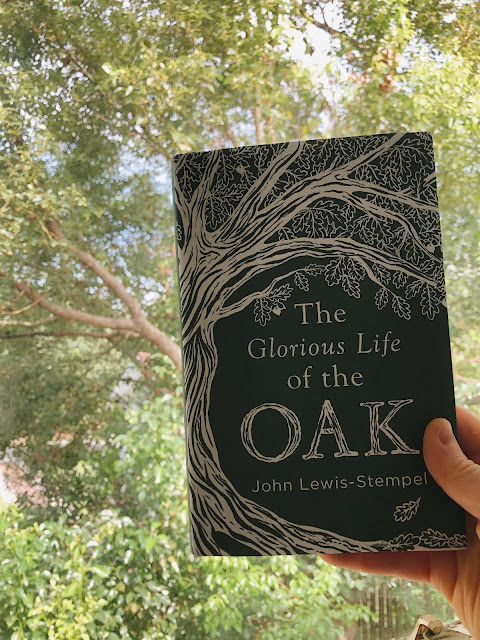In this season of strange pandemic living I have learned several things about myself. That is a good thing, I think, and I hope you are also experiencing something similar through this strange time. One thing I have learned is that I love nature more than I even thought I did - trees, plants, flowers, clouds, sky, moon, comets, stars, etc. (Have you been noticing all the wonderful images of the visiting Comet Neowise?)
It is interesting because it is not that I am out in nature more - in fact, it is quite the opposite - I am out exploring nature less right now and in recent months (during the summer the heat and humidity is unbearable). I missed my trip to the UK this spring (thanks, Coronavirus) where I usually spend a lot of time outside in gardens and on long walks to get everywhere. I have not been to the North Carolina mountains in more than a year, which is another dose of the woods and mountains. So, as a result, I am spending more time at home, inside.
I think that is precisely why I love nature even more - because I miss it so much in the ways that I enjoy it the most. More pronounced is my enjoyment and appreciation of it. Until I can travel again safely, it is now only in my imagination that I can experience the nature that fills me, since this summer season is too hot here in the tropic south. But I do notice the beauty that is present here. Often in my still moments, I sit at my big window in my living room watching the camphor tree limbs grow by the minute and the vibrant leaves dance in the breezes.
I came across this book a month or so ago - A Nature Poem for Every Day of the Year. I have loved reading a different poem each day, with poetic words to immerse me in nature. I love poetry anyway, and am always drawn to nature poetry, so this is just a great resource for poems on nature. It is a little encyclopedia of nature poems. It includes many that I know, from Gerard Manley Hopkins, John Keats, W.B. Yeats, Emily Dickinson for example, and many that I have not read, such as Rudyard Kipling and W.H. Davies who wrote some lovely verses.
I read today's poem, below. Click to listen to me read this lovely poem by John Keats.









